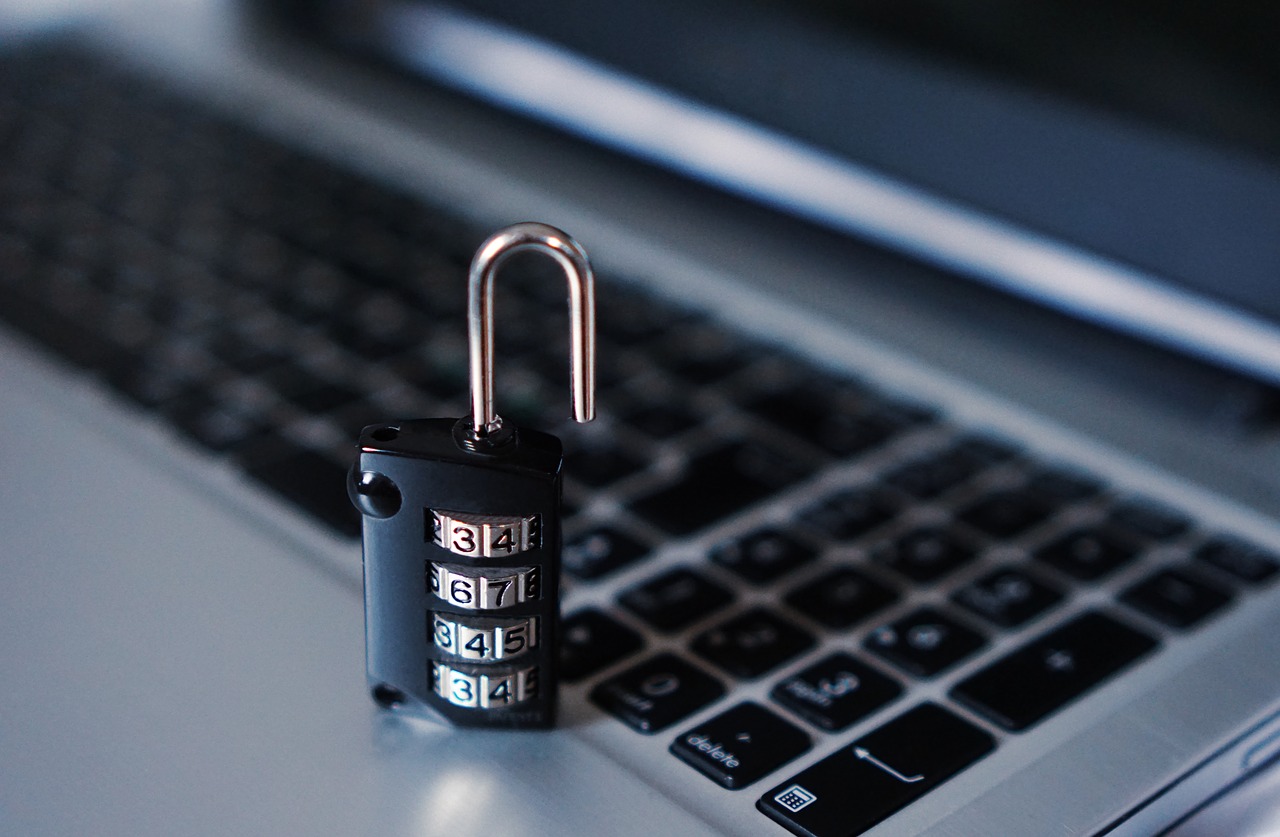Business Security: Best Ways To Keep Your Files Safe
There isn’t a single modern business that doesn’t hold control over some kind of confidential documents. They can be associated with your business affairs or with those of others, and in both cases, the risk of them going missing covers a pretty wide range of penalties and criminal offences – it’s enough just to think of business fraud. If you hold data on behalf of your clients or customers and it gets lost or misplaced it’ll do great damage to customer privacy, which brings severe penalties.
With regulations being strict as they are, safeguarding your files has become a number one priority. Running a business can be pretty demanding, and storing an accumulated assortment of valuable documents such as critical information and legal papers can be a haphazard affair. Not to talk about keeping them safe. You’ve probably been in many situations where you’ve just shoved some important papers in a drawer somewhere and forgot they even exist.
Yes, you could turn everything into digital copies, but it’s enough just to think about costly data breaches many large companies are still recovering from since many hackers have made their mission to find sensitive data. But it’s not late to sort out your security and safety. We’re gonna lead you through the best ways to keep both – digital and paper files – safe and sound.
Regular Backup And Storage
Naturally, this is the first thing to do. If most of your files are digital (and turning paper ones to digital is also a part of the backup plan) a single virus infecting your operating system could end your whole carrier. You’ll most probably have to wipe your computer completely and reinstall all programs. Mac computers often have ways to restore data files, but PCs are far less equipped for the job. Either way, it’s not something to play with, so making a backup copy of all the files is something that needs to be done on regular basis. It’s a good idea to prepare some external hard drives for the copies of your most precious files. There are many people who even prefer to save all their data on drives instead of computer’s hard drive for the simple reason that they’re sturdy and portable. But these external devices can really start to pile up and that’s why cloud storage is becoming an increasingly popular solution. Although it may seem unreliable to have all your important files ʽin the cloudsʼ if you do your research before choosing your provider and make sure it has a good history of the network and physical security, it’s actually very reliable. The most important thing is to use a secure HTTP (HTTPS, that is), and remember to change your password often.
Storing Paper Files
Yes, we live in a digital society with online contracts and electronic signatures, but every business still produces a significant amount of paper. As we’ve said, making digital copies is the part of the backup. If you don’t need papers after a while, remember to use a confidential trash container, or, even better – have them shredded. But there are many occasions when sensitive hard copies must be left alive, so it’s time to go back to those drawers. Now, are you aware of where exactly your confidential papers are being stored at any given time? Is there a data log or a system in place so you can keep track of them? If the answer is no, you can’t possibly be sure if they’re in fact secure, can’t you? It would be silly to say some document has gone missing if you have no clue where it is in the first place, right? This is why you should forget about drawers and establish a functioning data log which will provide clear access and make it easy to locate all the papers. You should keep all the papers in one place, preferably inside a lockable storage cabinet. But that won’t solve your problems if there’s a mess inside. If your employees have to access them often, pulling them out and taking them back, stay away from cheap cardboard folders that will quickly fall apart and ruin all the previous sorting effort.
If your business involves dealing with any kind of hazardous material, you should proceed with caution. In order to avoid losing the files in any type of accident, make sure that your material safety data sheets storage is more sturdy and durable. You should rely on extremely durable folders like the ones Sitecraft offers or any other similar product.
Limited Access
When it comes to access to your files, you need to make sure only the right people in your company have it. You can trust your employees completely, but when you consider the fact that 75% of data breaches come from insider threats you know you can never be careful enough. We’re not saying that your employees want to ruin you – it can be simple neglect of someone who doesn’t really know what they’re holding in their hands. That’s why it’s essential to control the access of your employees to the most confidential files such as intellectual property, business strategies, sensitive communications, etc. Employees should be able to get their hands only on files which are relevant to their duties, no exceptions. And if some of them leave the company, or even if they change their role internally, remember to remove or change their passwords and access rights accordingly. Of course, you also need to safeguard your sensitive information from outside the company – today it’s pretty common for employees to work from their personal devices or to bring their work ones home, and sometimes there are meetings that require them to take paper files out of the office. In these cases when information leaves the office there’s not much control left in your hands and it mainly becomes the responsibility of the person holding the document. And that’s how we come to the last part of our list.
Awareness
All mentioned above is worthless if you don’t educate your workforce about the risks of taking sensitive information outside the office. They need to be trained to keep all the files safe and it should be crystal clear that no one outside the company should have access to company data, family and close friends included. That’s where company policies come in handy, as they become the foundation of data protection. You need to write your safeguarding initiatives into the fabric of the company and to make sure everyone understands and follows them. There are many forms of company policies and the choice is up to you, but we recommend a clean desk policy or document retention policy. Whichever you choose, make sure it’s completely understandable and accessible. The point is to raise security awareness, and that is impossible if most of your employees are having a hard time understanding the measures they need to take to keep your files safe.
As you can see, everything is connected. Backup is worthless without proper storage, which again means nothing without access control. And all of it together needs a foundation of awareness.












